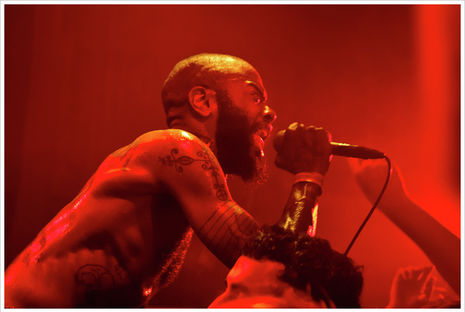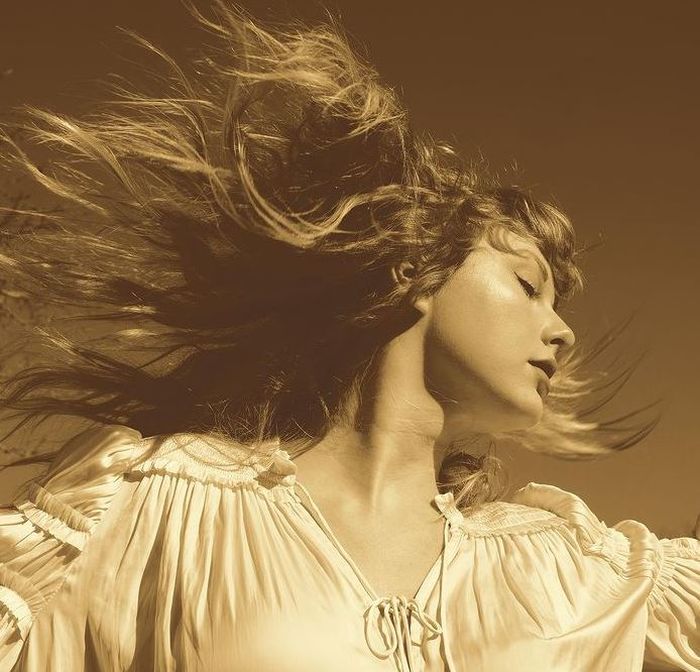Hip-hop’s problem with labels
Columnist Faiz Ghaffar explores how rap subgenres can deepen our understanding of a wide-ranging category of music

At the 2020 Grammy Awards, Tyler, the Creator’s IGOR won in the Best Rap Album category – even though Tyler himself explicitly asserted that it wasn’t a ‘rap album’. Tyler himself was the first to take notice: in an interview afterwards, he criticized the Grammys for their policy towards black artists such as himself, and noted that they consistently place “guys that look like me” in the rap or urban category. It’s easy to understand where he’s coming from. Yet, it’s not just the Grammys who mistakenly compare rap-heavy albums like 21 Savage’s I am > I was to more neo-soul and pop-focused releases like IGOR. You’d likely find hip-hop fans making the exact same comparisons online at the end of 2019. Yet arguing that IGOR is in the same ballpark as I am > I was in terms of quality fails to grasp that the two are barely playing the same sport. Tyler’s comments tap into a deeper problem that both critics and casual audiences are guilty of: misclassifying rappers.

Misclassification in music can sometimes seem like making a fuss over nothing. Any label on an artist will fail to capture the intricacies of their work, and anyone who refers to genre labels as if they were the word of God misses the point. Yet, for rappers, the existing labelling is so hopelessly inadequate that it verges on being unfair. Hip-hop artists today are a far cry from the MCs of the 1980s and 90s. Yet some old-school hip-hop fans persistently moan over how we got from the thoughtful storytelling of something like Nas’s “Shootouts” to the supposedly derivative mumbling of songs like Future’s “Thought It Was A Drought”. Their complaints are in part taken seriously because we still give these songs similar labels. However, on inspection, with the exception of both songs featuring a style of rapping, the two probably have less in common than apples and oranges.
“A$AP Rocky stated he felt the term “rapper” didn’t mean anything honourable”
These differences between subgenres of hip-hop go beyond technique. Playboi Carti’s leather-clad crew laying ruin to a supermarket for the music video “Sky” is nothing if not punk. KIDS SEE GHOSTS’ blaring guitar chords and God-like proclamations of freedom on “Freeee (Ghost Town Pt. 2)” are the definition of psychedelic. Death Grips’ thunderous and nightmarish “The Fever (Aye Aye)” epitomises industrial music. Lil Peep’s dejection on “Crybaby” is unmistakably emo. And the drill scene in cities such as London and New York is its own thing entirely. If anything, the blending of historic genres of music with hip-hop sensibilities to produce new subgenres should be championed. Instead, audiences crudely compare these projects to one another only to conclude solemnly that rappers were better in the 90s. In doing so, we both misunderstand our current artists and become an obstacle to change. Instead, we need new labels that respect the differences between these subgenres. We need classifications that appreciate hip-hop’s history without becoming zealous to it. And we need to make sense of our existing language before we try to shove it onto our new reality.
Understandably, this view comes with its fair share of controversy. In an article for DJBooth, Yoh Philips found Lil Uzi Vert’s declaration of being a ‘rock star’ bothersome. For Philips, rappers who define themselves as such disrespect the hip-hop fans, critics and platforms that garnered them attention in the first place. While Phillips had no issue with rappers crossing genres, he argued his “biggest issue, when it comes to classification, is this undertone that being considered a ‘rapper’ is something vile, shameful and deplorable.” On the contrary, Philips argued rappers were “poets, alchemists and heroes”. Unfortunately, his worries were all but confirmed when A$AP Rocky stated he felt the term “rapper” didn’t mean anything honourable. It’s undeniable that with new labels, there’s a danger that artists will overlook and disrespect their place in hip-hop’s history. Yet, while I sympathise and agree with the latter part of his argument, I don’t buy it that rappers owe it to their fans to avoid calling themselves “rock stars”. This conclusion has the central belief that external classification makes an artist what they are. But if anything, surely the artist should have a say in what they are? In giving away these privileges to the fans, we’re back to square one – comparing Slick Rick to Smokepurpp.
How are we to make sense of all this? Well, quite simply, by developing the labels we use for subgenres of rap. By all means, we should keep the label of “rapper”. It should be a point of pride that connects artists under an umbrella term, which is incredibly useful for new listeners. Yet, in the same way as calling a song ‘rock’ indicates that a listener will likely hear electric guitars, the term shouldn’t be taken to be that informative. Instead, subgenre labels like “emo”, “punk” and “psychedelic” should do most of the work – in the same way that they do for rockstars. We, the audience, should respect an artist’s decision to align themselves with these categories. We should identify and welcome new subgenres, and resist our constant urge to compare everything that has a rhythmic verse. And above all, we should be thrilled at the prospect of witnessing new stages in hip-hop’s development.
 News / Cambridge academics stand out in King’s 2026 Honours List2 January 2026
News / Cambridge academics stand out in King’s 2026 Honours List2 January 2026 Interviews / You don’t need to peak at Cambridge, says Robin Harding31 December 2025
Interviews / You don’t need to peak at Cambridge, says Robin Harding31 December 2025 News / AstraZeneca sues for £32 million over faulty construction at Cambridge Campus31 December 2025
News / AstraZeneca sues for £32 million over faulty construction at Cambridge Campus31 December 2025 News / News in Brief: Maypole mentions, makeovers, and moving exhibits4 January 2026
News / News in Brief: Maypole mentions, makeovers, and moving exhibits4 January 2026 Features / “It’s a momentary expression of rage”: reforming democracy from Cambridge4 January 2026
Features / “It’s a momentary expression of rage”: reforming democracy from Cambridge4 January 2026










